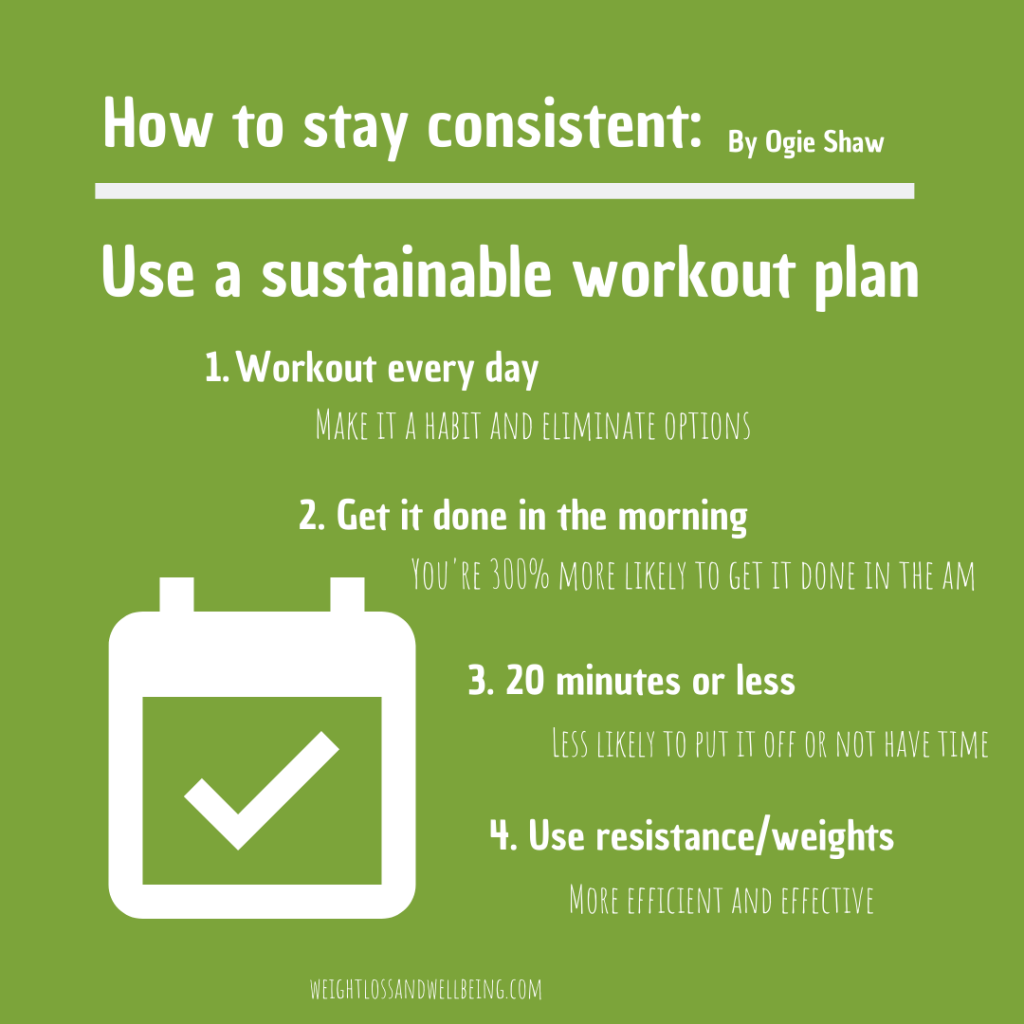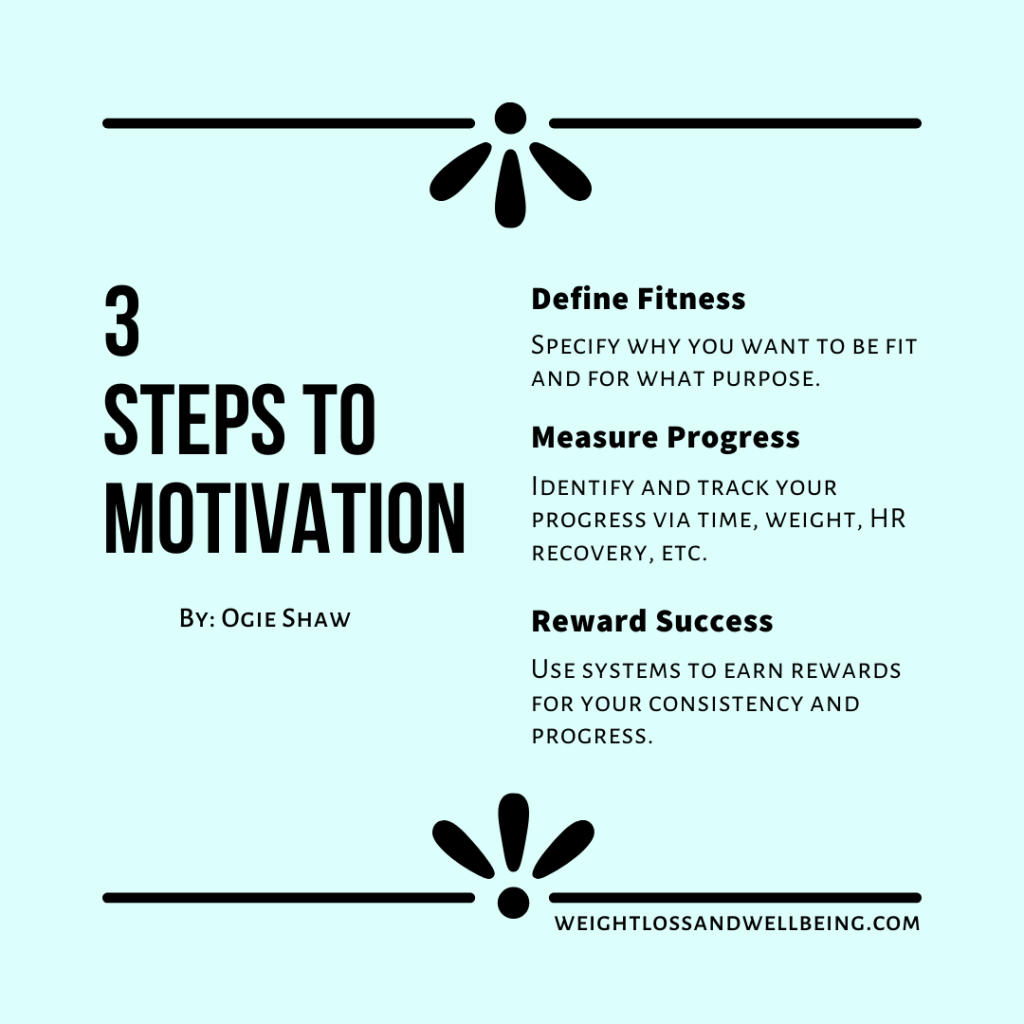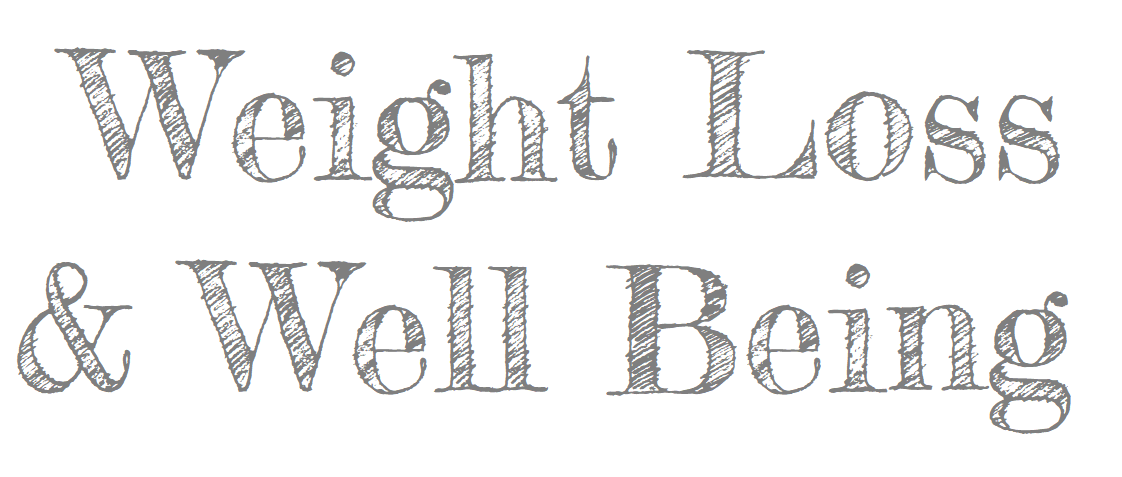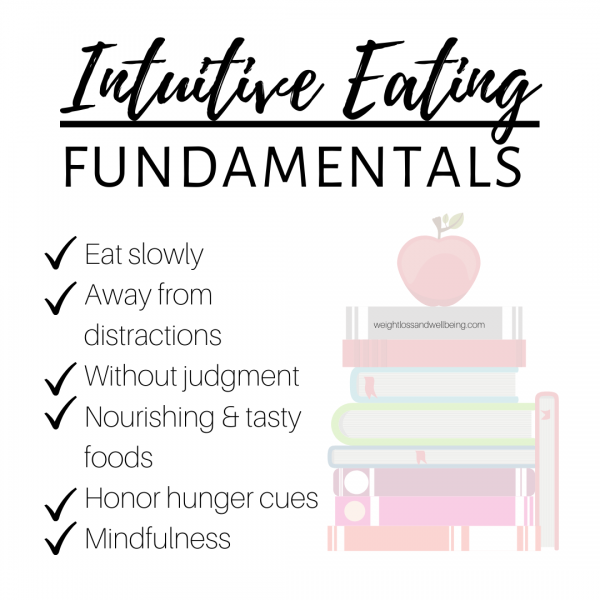Learn these simple, research-based guidelines for workout motivation. Ogie Shaw discusses the simple principles behind physical fitness and how to win the war against your mind.
I would argue that this time of year is when most people are focusing on their health. For better or for worse. The gyms are usually packed and everyone is able to sustain their new “healthy” habits for a few days. But the motivation quickly dwindles and most are back on the couch by February.
We know we need to workout, but we still don’t. It’s pretty clear to us that the Expert Model is not effective. Simply being told the information from an authority figure does not cause us to change or improve our health or behaviors. We all know that we need to be active and physically fit for optimal health. But only 10% of our population is actually considered healthy and fit.
The TEDx Talk by Ogie Shaw, [shown here to the right] entitled Winning the Mental Battle of Physical Fitness is absolutely life changing. He has provided a straightforward path to becoming and staying physically fit. One that addresses the actual problem.
We don’t workout
Our lifestyles are basically sedentary when compared to that of just a few decades ago. The problem is so dire that the military started to have trouble finding Americans that were physically fit enough to enlist.
The government quickly realized that the problem of inactivity had spread to children. Over 57% of kids are not fit when given a simple test of physical ability. No other country in the world has children that are so out of shape.
Many are quick to blame video games, which do contribute to the problem. But it is not the only thing causing our children to stay on the couch. Children learn and model what their parents do. If our adult population is not modeling physical activity and fitness to our children, they will not learn it.

So why are we not working out? As Ogie describes, the two most common reasons for inactivity are time and motivation. Most say they just can’t find the time to workout. And the rest say they just wouldn’t, even if they had the time.
What doesn’t work
Not having enough time and lacking the motivation to workout, are two huge obstacles to overcome. Previously, trainers have tried to stress the importance of making activity fun.
The theory is that if the physical activity is enjoyable, you would be more likely to continue doing it. This may be true to an extent, but Ogie points at that if you are having fun, you probably aren’t working out hard enough.
You only start seeing the benefits from physical activity once you hit the point of fatigue, usually its not super enjoyable to push yourself that far. And most activities that are fun don’t provide the intensity needed to get to fatigue. In addition, there is no single activity that hits the full spectrum of physicality.
Being fit includes balance, strength, flexibility, mobility, and cardiovascular performance. No single exercise manages to successfully target all of the categories. It takes a comprehensive program to ensure that the multiple facets are addressed.
Workout Resolution Burnout
Here again I am reminded that it is the season of New Year’s Resolutions. So many throw themselves into a rigorous new “healthy” lifestyle that includes hours at the gym. Something they probably haven’t done in a very long time.
They will over-commit to a program or schedule, and then quickly burnout or injure themselves. Which puts them right back to the position they started in.
As Ogie states, the problem is clearly more about the attitude and mental strength than a failure of the body to perform.
Sustainable Workout Plan
Before we dive into his specific recommendations, Ogie reminds us that research has shown 5 years of consistent action makes a lifelong habit. And only if you make working out a habit, will it become ingrained in your lifestyle. Five years make seem completely insurmountable, but his plain is built to be sustainable.

First off, you should be working out everyday or most days. No more of this three days a week, or every other day. Just get in the habit of making time every single day regardless of your schedule or demands. Taking days off creates too many questions and choices. Each option gives you an easy excuse to back out. But by eliminating those chances, you are more likely to follow through.

Next up is working out in the mornings. You are 300% more apt to get your workout done if you do so in the morning.
It makes sense, you are in more control of your time and have fewer demands at the start of your day. Try to get it out of the way first as many days as possible.
Ogie’s third recommendation is to keep your work out to 20 minutes or less. I was genuinely surprised when he first said this, but he quickly points out the sustainability. You are more likely to skip or put off your work out if it is a large time commitment.
And the more time you spend in the gym the more fatigue you suffer and the more prone to injury you become.
Either way it is far more sustainable to squeeze a quick 20 minute workout in most days, than it is to overwork yourself with hour to two hour long gym sessions.
And his final tip is to utilize resistance training. In order to reap the benefits of this daily workout, you must utilize the Overload Principle. Therefore, you must push your body to the point of fatigue before receiving any benefit towards your health and fitness. If you work against resistance, you are able to hit that point much faster than if you did not use resistance. Therefore using weights is absolutely imperative to keeping your workout quick and without getting bored.
He wraps up his guidelines with a simple description of diet. Ogie says you should always eat for nutrition and never make dietary changes that you aren’t willing to maintain for the rest of your life.
Research-Based Workout Motivation
Research has shown so many time that exercise actually is the best medicine. It performs better than a large portion of pharmaceuticals over a broad spectrum of illness and disease. So it is so important to be as active as possible every single day.
We should all be able to sit on the floor and touch our toes easily, walk up stairs without your heart rate going over 150 BPM, and keep our body fat percentage in a health range for our gender. Maintaining all of this becomes easier if you can stay consistent with your activity. A little bit every day adds up over time and puts in you a better health over the long term.

Ogie has three tips to help you build a sustainable fitness habit. His first tip is to define fitness and health for yourself. We all start at difference places, and have different goals. So many have different abilities and conditions that preclude them from certain levels of health. But we can all seek to be the best and healthiest version of ourselves, how ever that looks.
If we have a specific goal or definition in mind, we are also able to measure our progress and success. Step two is making sure you have specific physical and mental methods of measurement to track yourself as you improve and get closer to your intended fitness.

And the final, but most important method of motivation is to reward yourself for your physical fitness. It is imperative that you choose a reward that is healthy, food should never be used. Instead you can track your consistency and progress with any number of measurement techniques.
Ogie even jokes about Silicon Valley Executives making sure they get their work out in to earn their next star sticker. You would be surprised how even just checking off a day on a calendar will motivate and inspire you to stay consistent.
You’ll quickly find yourself wanting to make sure you keep your streaks going. And choosing not to work out has a far larger impact when you see an immediate physical ramification, like a day missing on your chart.
Don’t be afraid to track and measure all of your progress. Having the patience to stay consistent is hard without a good reason. So by defining your goal, tracking your progress, and rewarding your successes will be able to stay motivated throughout your entire life.











